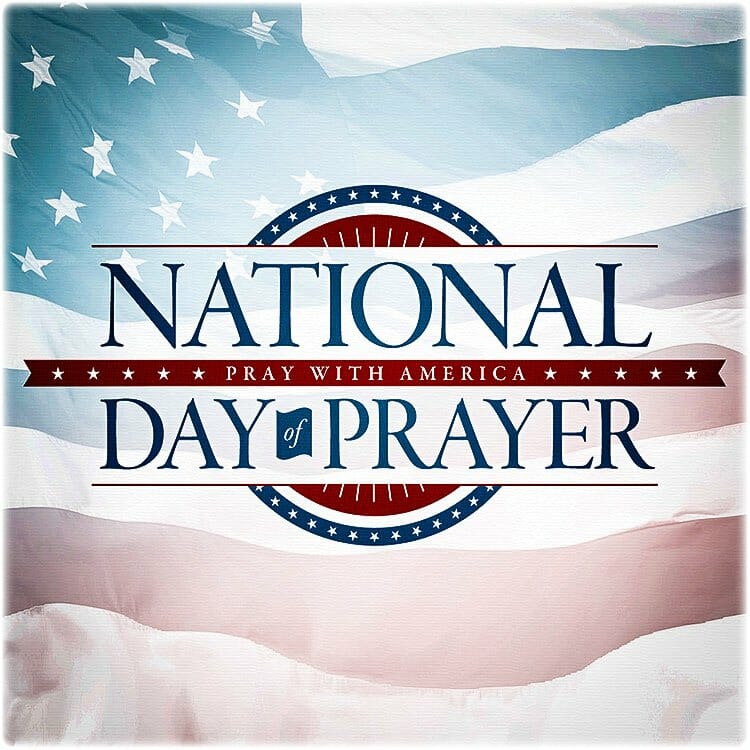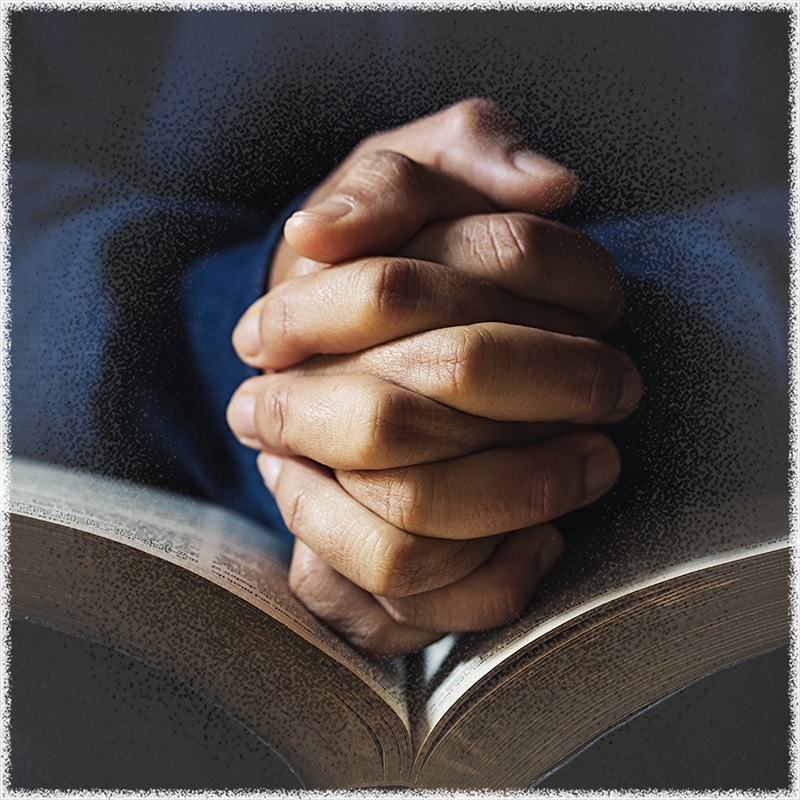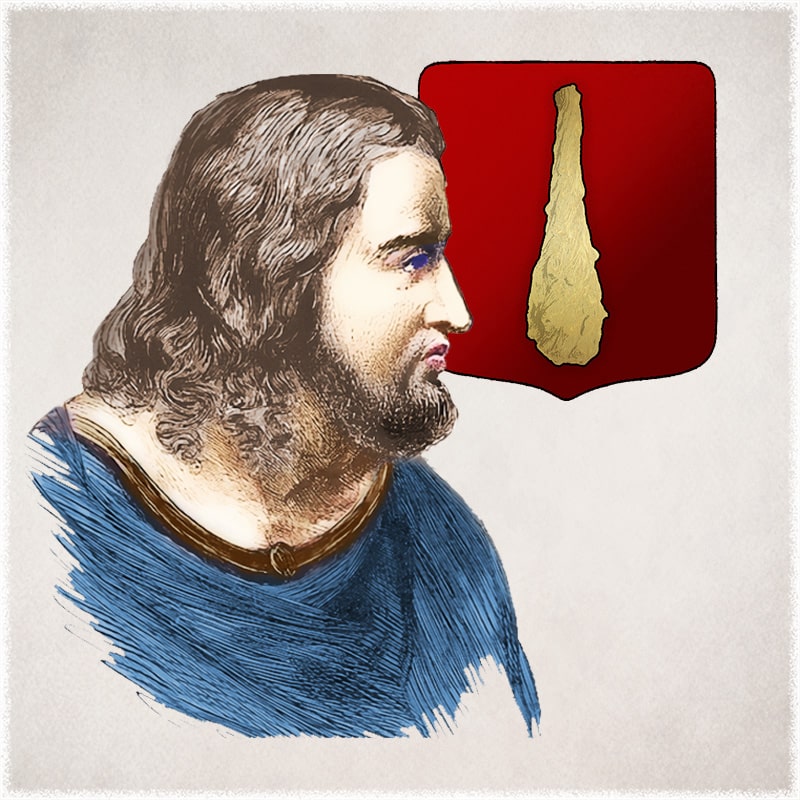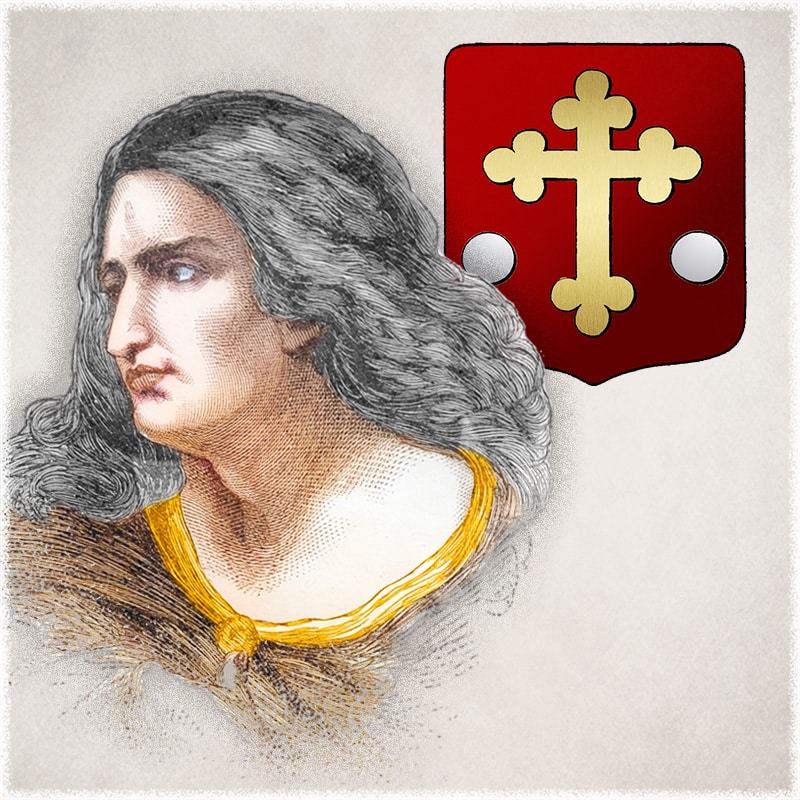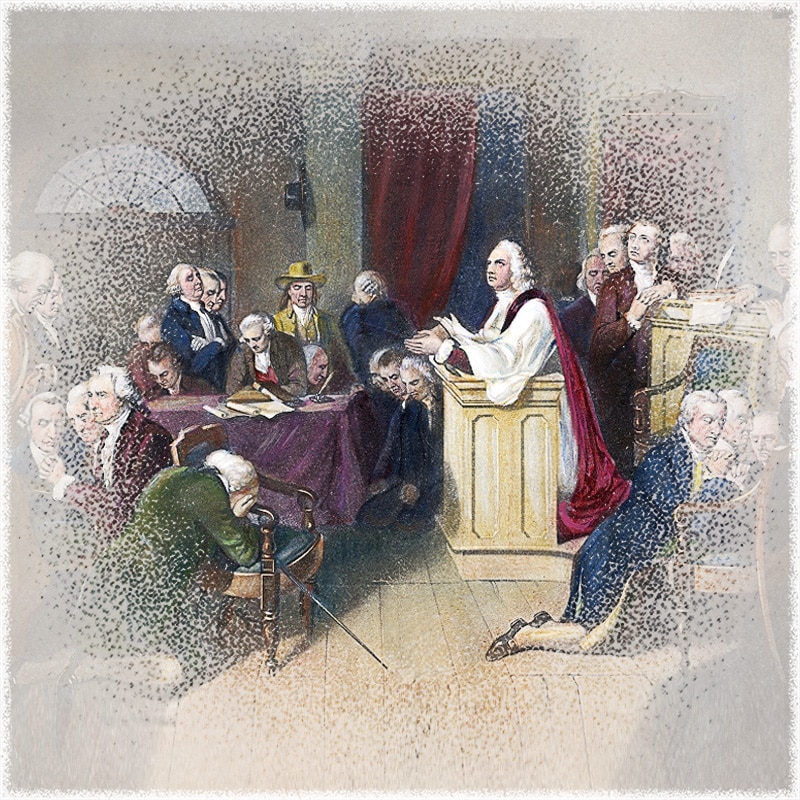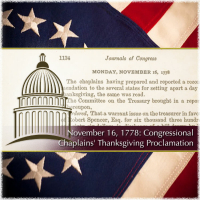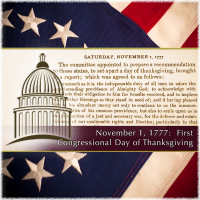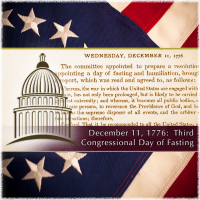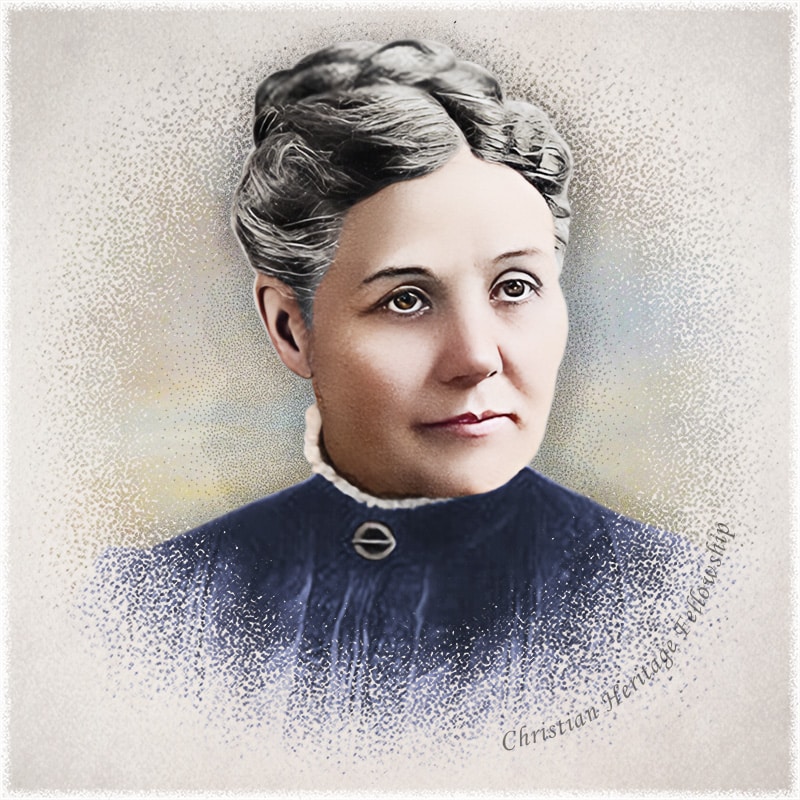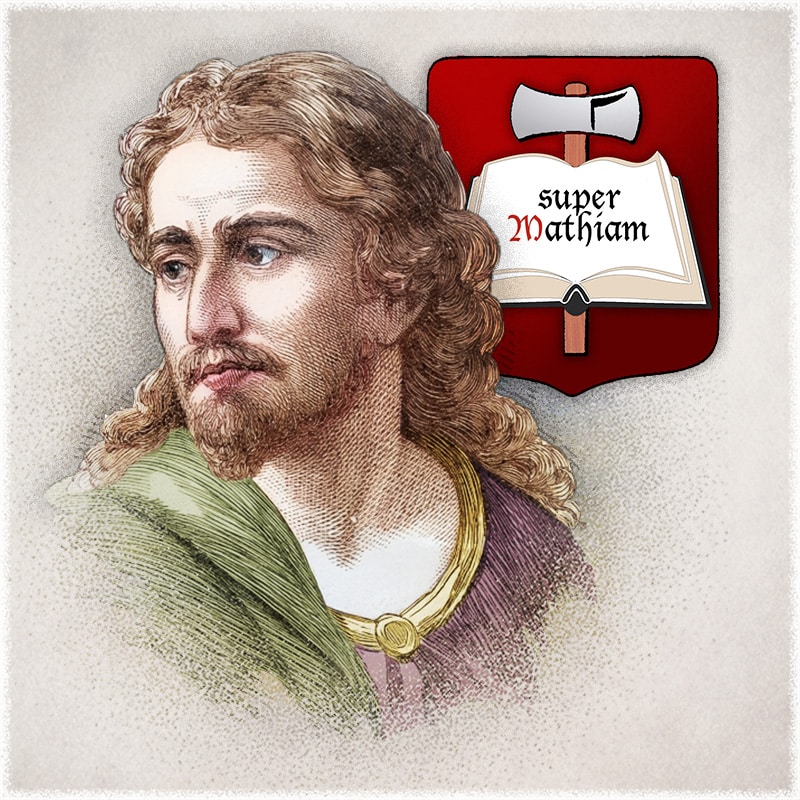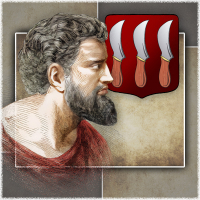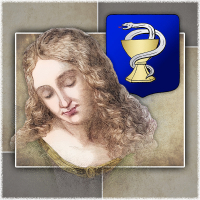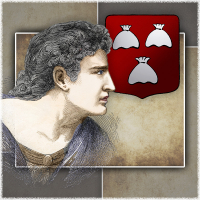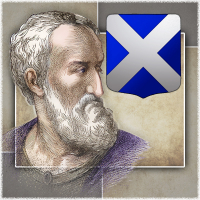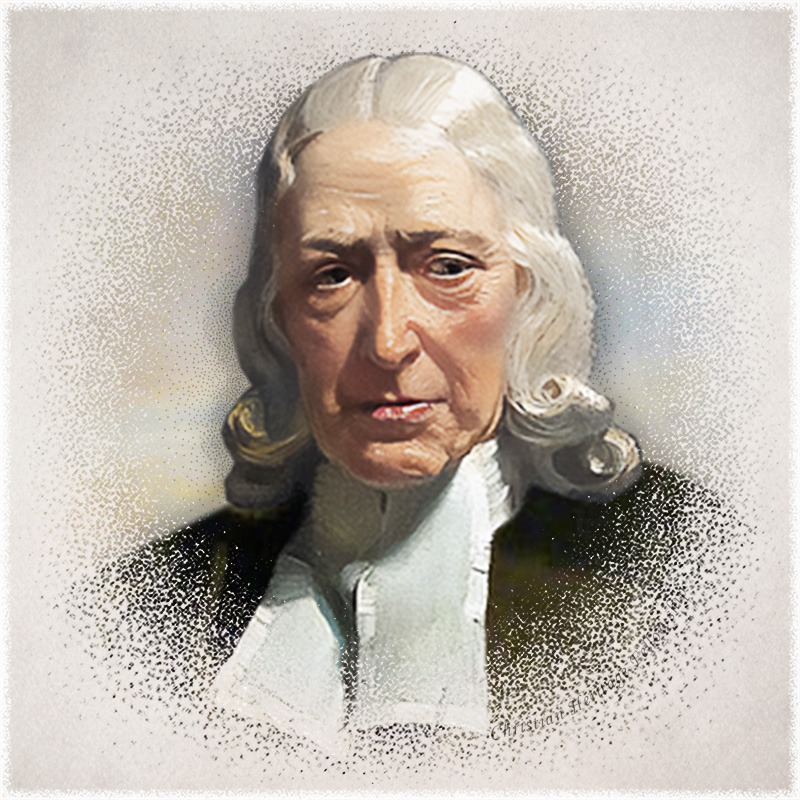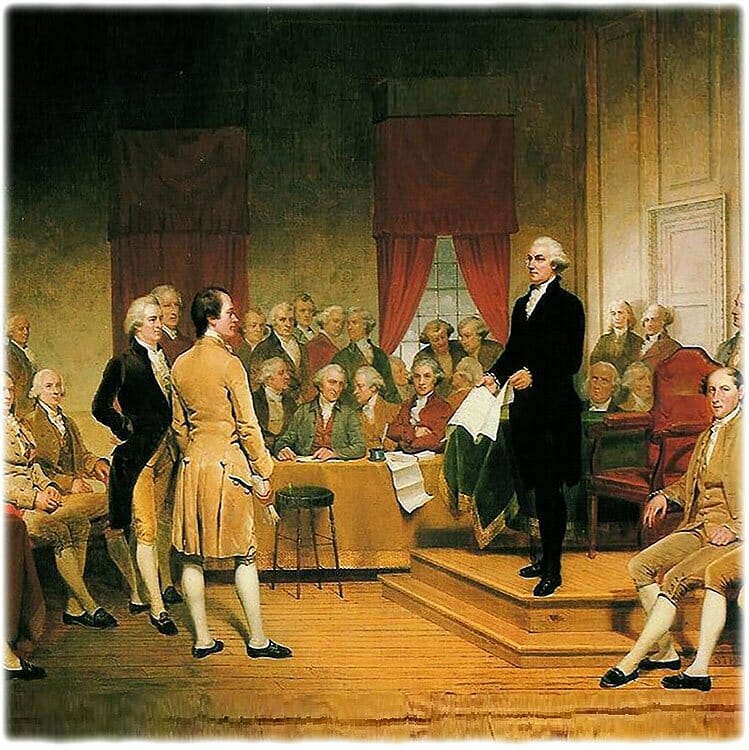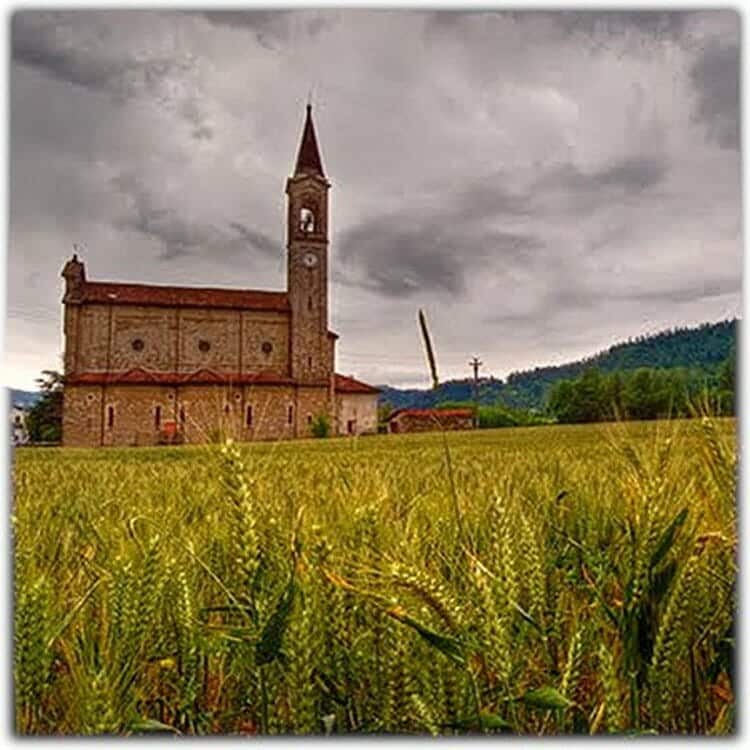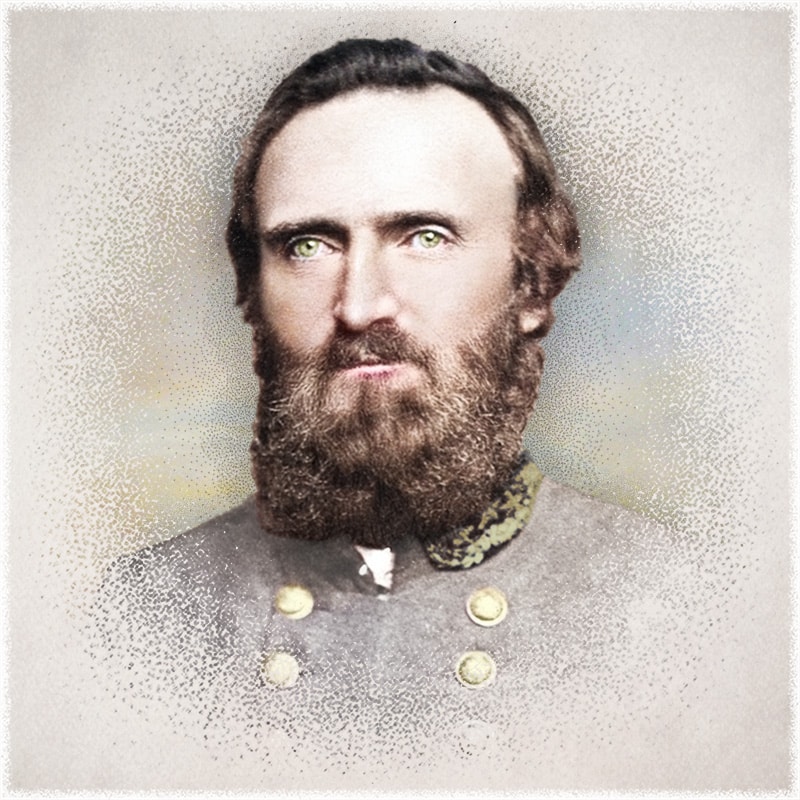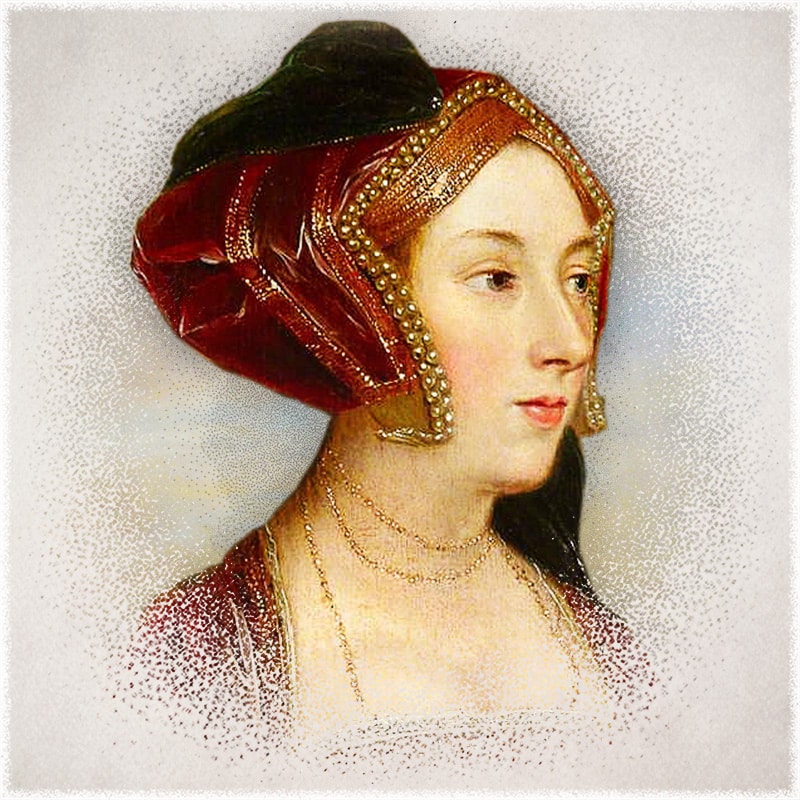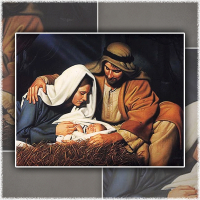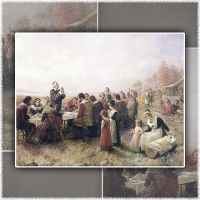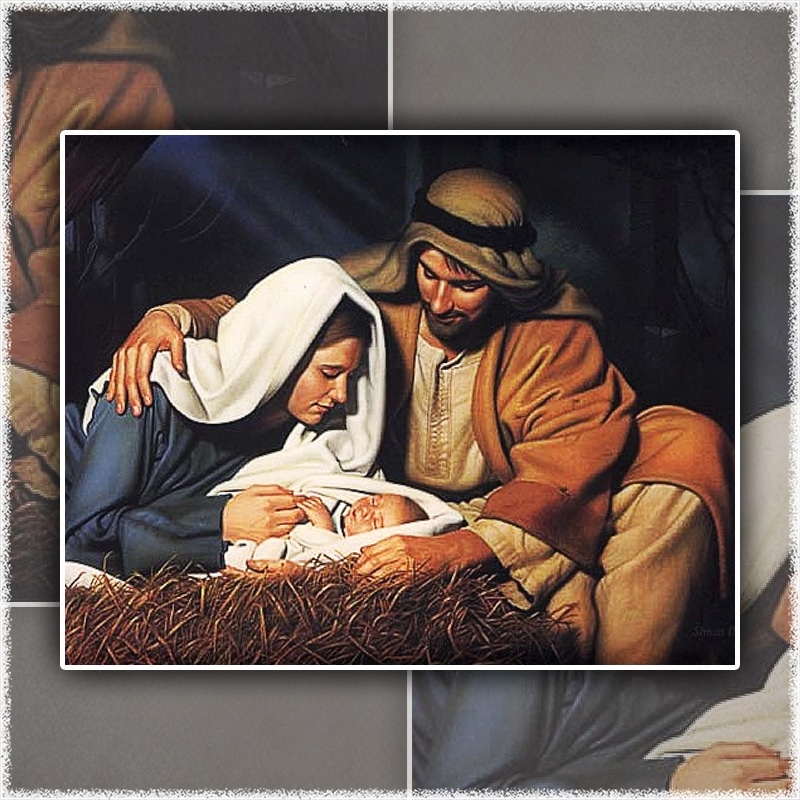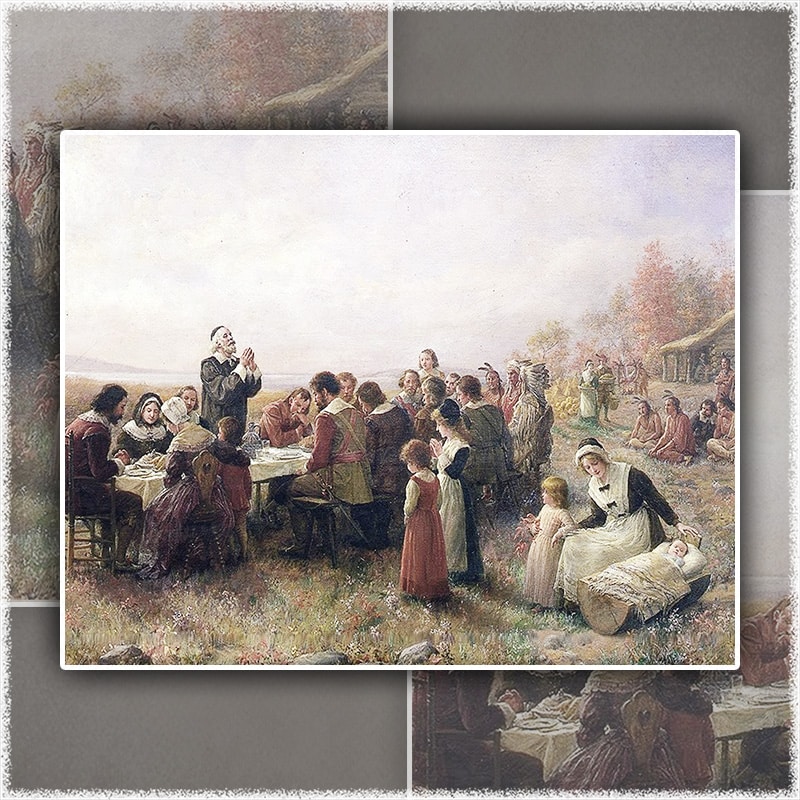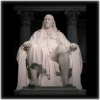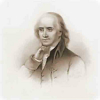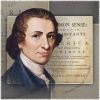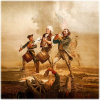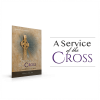Christian Living in May
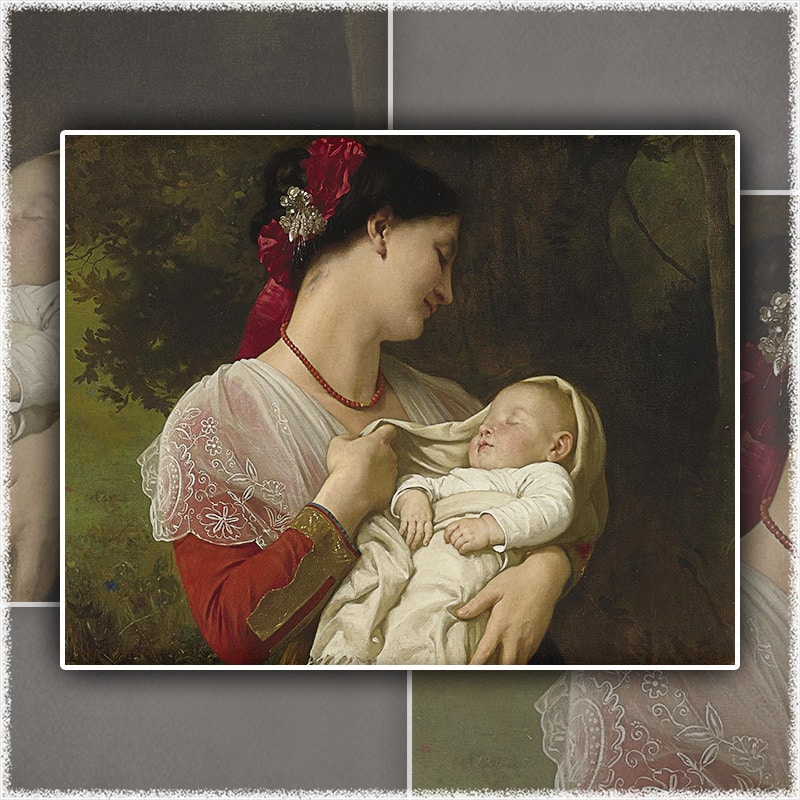
May is the fifth month of the year in the Julian and Gregorian Calendars and in the Southern Hemisphere is the seasonal equivalent of November in the Northern Hemisphere and vice versa. May is named after the Greek goddess Maia, whom the Romans called Bona Dea, goddess of fertility—something quite common within paganism.Christian Living in May
The month of May in many ways stands as the gateway to the summer. In early America and in the best and brightest periods of the history of Christianity, believers have been proactive in integrating their faith into every-day practices, and the month of May offers Christians the opportunity to integrate their faith into private and public observances. Patriotic spirituality should be reflected throughout the month as patriots observe National Day of Prayer, honor the role of motherhood and womanhood via Mother’s Day, celebrate the spiritual and intellectual ministry of the Sunday school and other academic concerns, and remember other ecclesiastical, national, and seasonal events that compose the fabric of this important month.Christian Living in May
Table of Contents
May is the fifth month of the year in both the Julian and Gregorian calendars. In the Northern Hemisphere, May is a month of spring, and in the Southern Hemisphere, May is numbered among the months of autumn where it is equivalent to the month of November in the Northern Hemisphere. In the United States, the end of May (Memorial Day) marks the unofficial beginning of summer.
May received its name from the Greek goddess Maia. In the Roman Empire, Maia's equivalent was Bona Dea, the goddess of fertility whose pagan festival was held on May 1. Given the fact that the other months of the year are named after pagan gods and goddesses, it is unlikely that the Roman poet Ovid is incorrect when he suggests that May received its name from the Latin term maiores, meaning "elders," and June from the term iuvenes, or "young people".[1]
Two birth flowers symbolize the month of May and include the common hawthorn (Crataegus monogyna) and the Lily of the Valley. The Lily of the Valley symbolizes sweetness and the return of happiness while the hawthorn symbolizes hope. Both plants are native to cool temperatures of the Northern Hemisphere. The birthstone of May is the emerald which symbolizes love and success.
In addition to the highlights of this month that are discussed below, additional subjects of interest regarding our Christian heritage are presented online, where they are arranged according to dates of occurrence—with particular attention being given to the influence Christianity has exercised upon the origin of America. The online calendar where these articles are arranged is under continual development with new articles appearing as they become available. By clicking the message box below, readers will navigate to the present month under consideration.
To navigate to our online calendar, please click this box.Observance: First Thursday of May
The history of America is replete with examples of the way in which the Judeo-Christian tradition has shaped the life of our nation. From the signing of the first civil document in the New World (the Mayflower Compact) until recent decades, the character of America was nurtured by the principles of the Holy Bible. In the Mayflower Compact, the Pilgrims affirmed their Christian commitment, stating they had come to America, quote, “for the glory of God, and advancement of the Christian faith,” end quote. During the Colonial Era, colonies set aside days for prayer and fasting as well as days of thanksgiving. It is clear from the language of these provisions that prayers were addressed to Jesus Christ and the God of the Bible. What is more, at the time the Constitution began to be observed in 1789, eleven of the thirteen states required a profession of faith in Jesus Christ and the Bible as qualifications for holding public office, and no attempt was made by the federal government to disband these requirements. Many, many other examples could be offered as evidence of the enormous formative impact that Christianity has had upon America.
In keeping with the religious history of our nation, National Day of Prayer is annually observed on the first Thursday of May. On April 17, 1952, President Truman signed a bill establishing the National Day of Prayer as law. Twenty years later, in 1972, the National Prayer Committee was formed to assist the nation in its observance of the occasion. Subsequently the National Day of Prayer Task Force was formed for the intended purpose of coordinating events for the National Day of Prayer. The exact day to observe was decreed in 1988 when President Reagan signed a bill into law establishing the first Thursday of May as National Day of Prayer.
Given the fact that America has historically been a Christian nation, those not part of the Judeo-Christian tradition have been excluded from the events related to the observance of this day. The irreligious such as freethinkers, humanists, atheists, agnostics, and deists have responded by establishing their own “National Day of Reason,” also held on the first Thursday of May.
See National Day of Prayer Task Force:
Observance: Week of National Day of Prayer
To nurture and encourage the development of prayer within the life of the local church, periodic seasons of prayer should be established within the local church. Though a regular prayer life is encouraged within individual believers and their families, and weekly prayer and fasting is encouraged in the church, a periodic seasonal effort may be undertaken to sustain and further develop these habits. It was the custom of the Church in Early America (and the Continental and Congressional Congresses) to call for days of “public humiliation, fasting and prayer.” To nurture a spirit of dependence upon the Lord, several seasons of prayer and fasting may be established in the calendar year. In the American Church, the first week in January (after the Christmas holidays and the beginning of the year), the first week in May (which may include the last weekend in April and the week of National Day of Prayer), and last week of August (the beginning of the new Sunday School year) provide good opportunities to call the church to prayer. During these weeks, members of the local church are invited to select at least one day (and more if possible) in the designated week for these spiritual disciplines.
For an extended treatment of fasting:
Our reprint of this classic publication by E. M. Bounds, Power Through Prayer
Remembering the Apostles James and Philip
Observance: On or before May 3
In the Western Church, the lives of the Apostles Philip and James "The Less" are the first to be remembered in the calendar year, both of which are remembered on May 3. Often, the high church of the Christian Faith has celebrated the lives of early Church leaders, and none have been celebrated more highly than the Apostles. As the Apostles bore testimony to their faith in their Lord Jesus Christ through martyrdom, the Early Church began to observe days of remembrance for their ministries. Unfortunately, the Christian Church began to practice hagiolatry or the worship of the saints. Pagan ideas of prayer being offered to the Apostles to and for the dead became a practice among Christians. Though Christians should never pray or offer veneration and worship to anyone or anything other than God, there is an appropriate place in the life of the Christian Church to remember faithful leaders who have given their strength and lives for the advancement of the Gospel of Jesus Christ.
St. James, son of Alphaeus, was also known as James "the Minor", "the Little", "the Lesser", or "the Younger", according to the translation used and should not be confused with St. James the Greater, son of Zebedee, no confused with James the brother of Jesus—the latter of whom was not numbered among the Twelve Apostles. James the Less chosen as one of the apostles of Jesus (Matthew 10:3; Mark 3:18; Luke 6:15; Acts 1:13), but little is known about him personally. It is assumed that the James referenced in Matthew 27:56; Mark 15:40; 16:1; and Luke 24:10 is James, son of Alphaeus. In which case, the surname of "the little" or "the less" is a possible reference to his stature (Mark 15:40). His mother was called Mary and was one of the women who accompanied Christ in his ministry, and James had a brother named Joses. According to Mark 2:14, Matthew (or Levi) was a son of Alphaeus and may have been another brother of James. John 19:25 suggests that Mary the mother of Clopas was Mary the mother of James. Though scarcely natural, it is then possible to interpret John 19:25 to suggest Mary mother of Clopas was Jesus' mother's sister. Should such an interpretation be valid, James the son of Alphaeus would have been first cousin to Jesus, though such a relation cannot be absolutely confirmed.
See our featured article:
The Apostle Philip was born in Bethsaida (John 1:44; 12:21) of Galilee and was instrumental in the call of Nathanael (or Bartholomew) to become a disciple of Jesus. At the time of his call to follow Christ, Philip belonged to a group who had been influenced by the ministry of John the Baptist. Together with Andrew and other fellow-townsmen, Philip had journeyed to Bethany to listen to the teachings of John the Baptist, and while there, he received his call from Jesus, "Follow me" (John 1:43). Immediately Philip found Nathanael and invited him to Christ (John 1:45). And his final inclusion within the apostolic ministry of the Twelve is confirmed in the New Testament in four passages (Matthew 10:3; Mark 3:18; Luke 6:14; Acts 1:13). At the Last Supper, Philip asked, "Lord, show us the Father, and it sufficeth us"; to which Jesus replied, “Have I been with you so long, and yet you do not know me, Philip? He who has seen me has seen the Father” (John 14:8–9).
See our featured article:
Observance: May 10
On May 10, 1775, the Second Continental Congress convened in Philadelphia at the Pennsylvania State House. Of the thirteen British American colonies, twelve were initially represented in this Congress.[2] Georgia, which had failed to attend the First Continental Congress, voted on July 15[3] to send five delegates to Congress, and on September 13 were seated in Congress.[4]
The First Continental Congress had sent a request to King George III to peacefully settle their differences. However, on April 19, 1775, the first battles of the American Revolution were waged at Lexington and Concord Massachusetts when British forces attempted to arrest American patriots and seize ammunition stores. When the Second Continental Congress convened in May, the War of Independence was under way. Despite this fact, Congress attempted to tamp down the escalation of war by adopting (July 5, 1775)[5] and signing (July 8)[6] the Olive Branch Petition. Reluctant to break with England, Congress waited another year before composing and adopting the Declaration of Independence.
Evidence of the fact that Congress had no intention of divorcing itself from the Christian origin of the thirteen colonies are the sixteen spiritual proclamations it composed and issued during the American Revolution. On June 12, 1775,[7] one month after the opening of the Second Congress, the first fasting and prayer proclamation was issued by Congress.
See our featured articles:
Observance: Second Sunday of May
Ann Maria Reeves Jarvis (1832-1905) was the inspiration behind the establishment of Mother's Day in America. Encouraged by the Christian life and influence of her mother, Anna Jarvis advocated for a national Mother's Day in the United States. After promoting the idea for several years, two services were convened on May 10, 1908 as services honoring mothers. From this humble beginning arose a great American tradition that has served as the impetus for Mother's Day observances around the world. As is true of most American traditions and holidays, Mother's Day arose out of a Christian influence and regard for the family and the role of women. Both Mother's Day and Father's Day arose out of the Methodist Church in America.
See our featured article:
Remembering the Apostle Matthias
Observance: On or before May 14
In the 1960s, the remembrance of the life of the Apostle Matthias was transferred from February to May 14 by the Western churches of Christendom. Prior to the outpouring of God’s Spirit at Pentecost, the followers of Christ chose Matthias by casting lots to take the place of Judas Iscariot (Acts 1:23-26) who had betrayed the Lord. Though appointed to so prominent a position in the Church, he is never spoken of in Scripture after his appointment to the apostolic office. Tradition suggests that he labored advancing the Gospel in Judea and Ethiopia. It is believed that he was martyred by stoning, after which he was beheaded. His apostolic symbol reflects his faithfulness to the Gospel and the manner in which he was martyred.
See our featured articles:
Observance: On or before May 24
May 24, 1738 is remembered in Church history as Aldersgate Day or the conversion of John Wesley, founder of Methodism. It was on this date that John Wesley attended a spiritual meeting in London on Aldersgate Street that he felt his heart "strangely warmed" with a living faith in Christ as Savior upon hearing the reading of Martin Luther's preface to his commentary on the book of Romans. Only a few days earlier, his younger brother, Charles, had experienced a similar conversion. For years they had already been priests in the Church of England, but the evangelical conversions of John and Charles Wesley would breath spiritual life into the British Isles and become a source of spiritual renewal and revival in young America. Eventually, Methodism would become the largest Protestant denomination in America before experiencing the withering consequences of theological liberalism in the twentieth century.
Constitutional Convention Begins
Observance: May 25
The Constitutional Convention composed the Constitution of the United States. America's first constitution was the Articles of Confederation, but this document was powerless in many essential respects to provide adequate government for the newly liberated states. At the Convention, Founding Fathers took measures to craft a stronger central government. Convening in the Pennsylvania State House in Philadelphia from May 25 to September 17, 1787, all the states except Rhode Island responded by sending delegates to the Convention.
Of the seventy-four delegates sent to the Constitutional Convention, only fifty-five participated in the proceedings. George Washington was selected to preside over the constitution, and despite his limitation as chairman of the proceedings, Mr. Washington was very instrumental in the final character of the Constitution. Upon completion of their work, only thirty-nine representatives signed the document they had created, symbolic of their support and willingness to advocate for its passage among the states.
Observance: Seven weeks after Easter
Pentecost, according to its Hebrew observance, was the second of three great annual feasts which required all males to be present before the Lord at the national sanctuary—Jerusalem being that place after King David. The first annual feast was Passover and the third was the feast of Tabernacles. Until Pentecost was celebrated, the produce of the new harvest was not to be eaten by the Hebrews. This feast was a dedication of their crops to the Lord. Of secondary importance was the fact that this feast also was an occasion to remember the giving of the Law to Moses on Mt. Sinai.
In the New Testament, following the Crucifixion and Resurrection of Jesus, Pentecost receives new importance. It is remembered as the birthday of the Christian Church and represents the great ingathering of souls from every nation that God intended by sending Christ:
And when the day of Pentecost was now come, they were all together in one place. And suddenly there came from heaven a sound as of the rushing of a mighty wind, and it filled the house where they were sitting. And there appeared unto them tongues parting asunder, like as of fire; and it sat upon each one of them. And they were all filled with the Holy Spirit, and began to speak with other tongues, as the Spirit gave them utterance. Now there were dwelling at Jerusalem Jews, devout men, from every nation under heaven. And when this sound was heard, the multitude came together, and were confounded, because that every man heard them speaking in his own language. — Acts 2:1-6
May 6, 1746: Death of William Tennant, minister and founder of the "Log College." Though Tennant's college closed upon his death, it was the forerunner of the College of New Jersey, which became Princeton University.
May 10, 1863: General Thomas “Stonewall” Jackson of the Confederate States of America died. General Jackson was one of the South's most successful generals of the American Civil War. Graduating from the United States Military at West Point, New York, Jackson saw action in the Mexican War (1846-48). Leaving the military for a career in teaching, he joined the Confederate army when his home state of Virginia seceded from the Union. At the Battle of Chancellorsville, he was wounded by friendly fire and passed away in May 1863.
May 12, 1963: Well-known Christian Missionary Alliance pastor and Christian author A. W. Tozer passed away. His The Pursuit of God (1948) and The Knowledge of the Holy (1961), among other writings, remain spiritual classics.
May 14, 33: Ascension of Jesus Christ. Following His Crucifixion and Resurrection, Jesus Christ appeared for forty days to his disciples, confirming His power of death and the grave. On May 14, 33 AD, Jesus led disciples to the village of Bethany on the Mount of Olives. There He raised his hands, blessed them, and ascended into heaven. Two white-robed men appeared to the disciples as Christ ascended and asked, "Men of Galilee, why do you stand here looking into the sky? This same Jesus, who has been taken from you into heaven, will come back in the same way you have seen him go into heaven" (Acts 1:11). From heaven, the followers of Jesus Christ await His reappearing for His Church.
May 19, 1536: Anne Boleyn was the second wife of King Henry VIII and was Queen of England from 1533 to 1536. Being raised in a deeply devoted evangelical home, Anne and her family were instrumental in the appointment of Thomas Cranmer as archbishop of the Church of England. The fallacious charges of adultery and treason by Henry made her a key figure in the start of the English Reformation away from Catholicism; Anne was also the mother of Queen Elizabeth I. She was beheaded on May 19, 1536 in Henry's murderous drive for a male heir.
May 20, 1738: After returning from America to the British Isles, John and Charles Wesley came to a living faith in Christ. On May 20, 1738, the two brothers and some friends spent the night in prayer. They prayed that Charles would recover from illness and that John and Charles would come to assurance of salvation. The following day, Charles did believe and received assurance that he was "at peace with God and rejoiced in hope of loving Christ." After further struggle, John received assurance on May 24..."that he had taken away my sins, even mine, and saved me from the law of sin and death."
Trinity Sunday—the first Sunday after Pentecost in the Western Christian liturgical calendar, and the Sunday of Pentecost in Eastern Christianity
Flag Day—commemoration of the adoption of the flag of the United States by resolution of the Second Continental Congress on June 14, 1777. Flag day is observed annually on June 14.
Father's Day—founded by Methodist Sonora Smart Dodd, Father's Day in America is celebrated on the third Sunday of June.
July 4, Independence Day—the day in 1776 when the Second Continental Congress declared independence from Great Britain.
America deserves to know its true heritage.
Please contribute today!
[1] Ovid’s Fasti, ed. T. E. Page et al., trans. Sir James George Frazer (London: William Heinemann Ltd, 1959), 325.
[2] The twelve represented colonies included New Hampshire, Massachusetts, Connecticut, New York, New Jersey, Pennsylvania, Delaware, Maryland, Virginia, North Carolina, and South Carolina. Journals of the Continental Congress, 1774-1789, 34 vols. (Washington, D.C.: Government Printing Office, 1904-1937), 2:11.
[3] On July 20, 1775, Congress received notice of Georgia's intention to participate in Congress. Journals of the Continental Congress, 2:192-93.
[4] Journals of the Continental Congress, 2:24041.
[5] Journals of the Continental Congress, 2:127.
[6] Journals of the Continental Congress, 2:158.
[7] Journals of the Continental Congress, 2:87-88.



